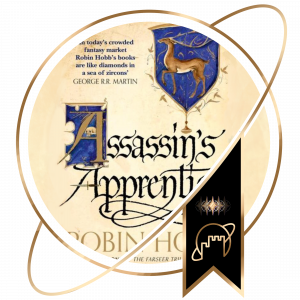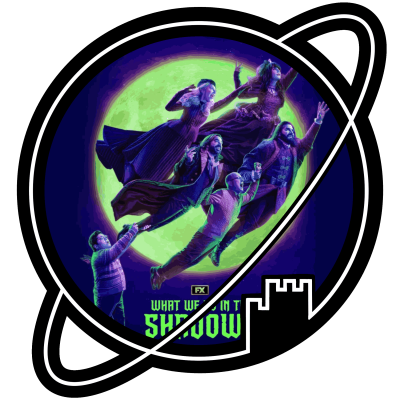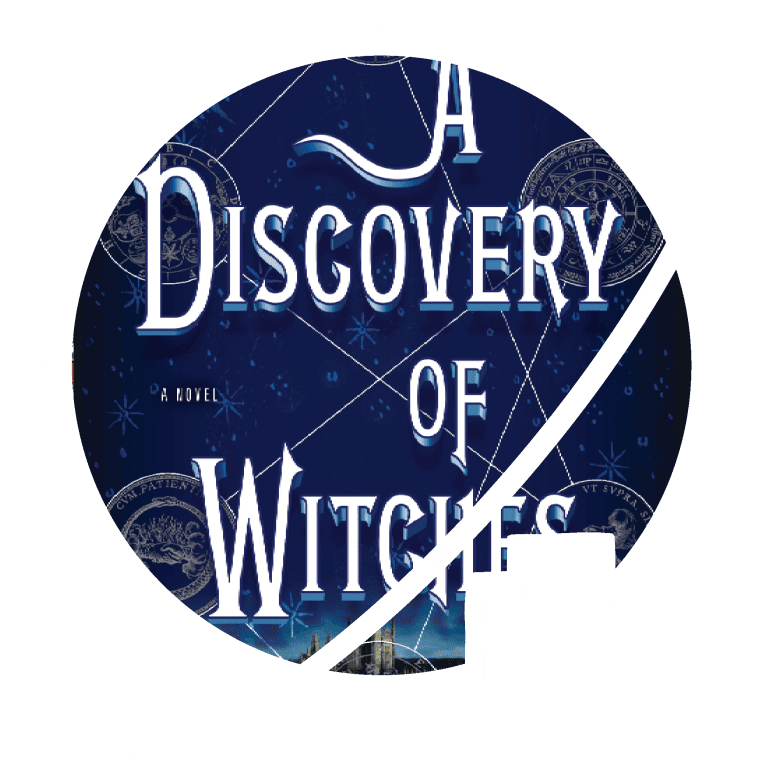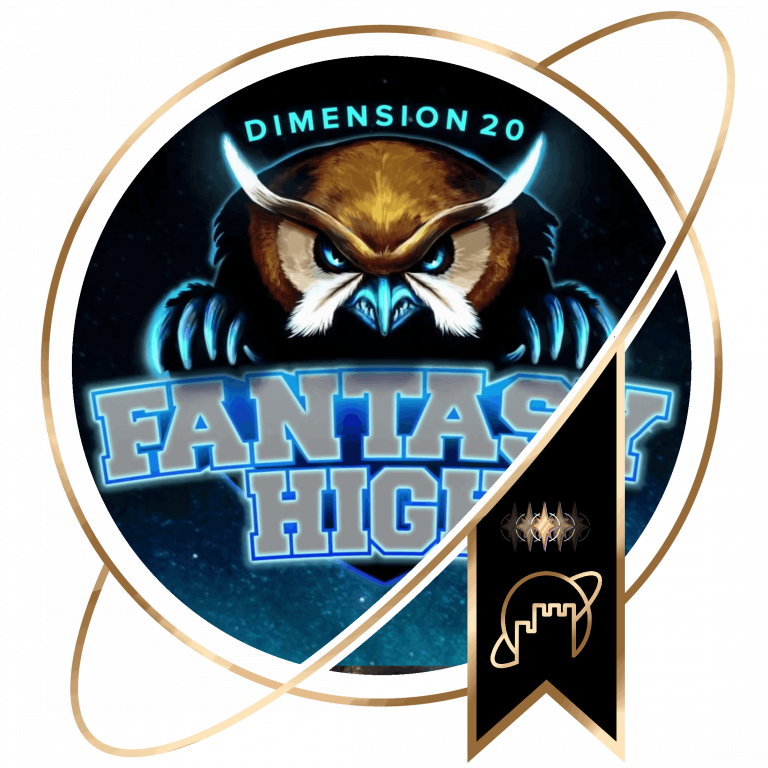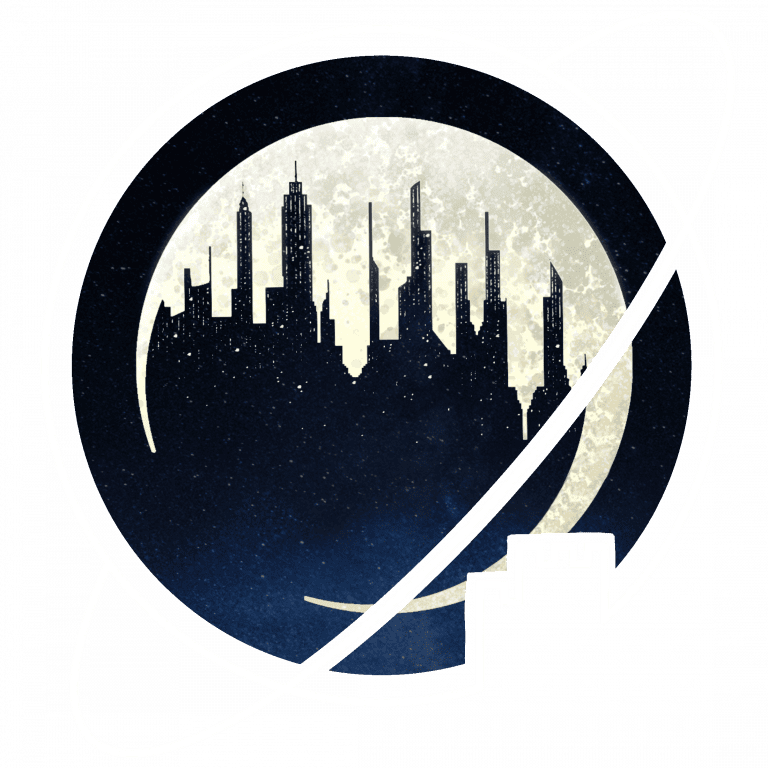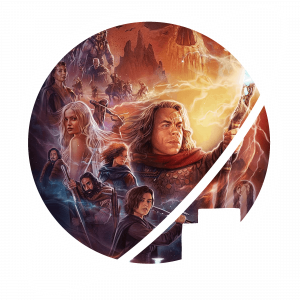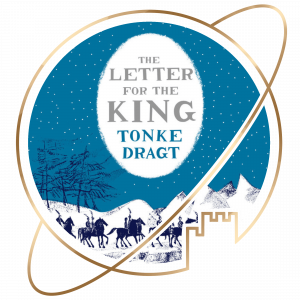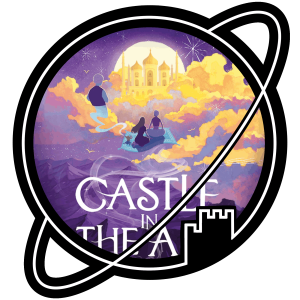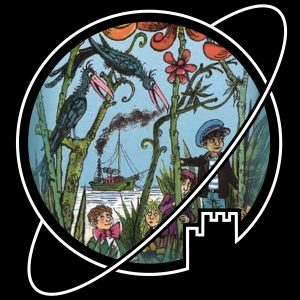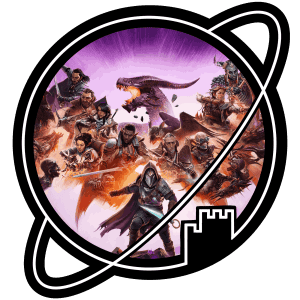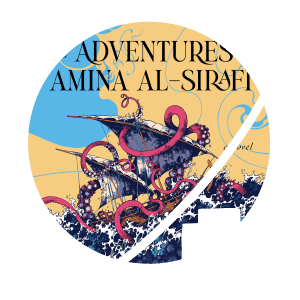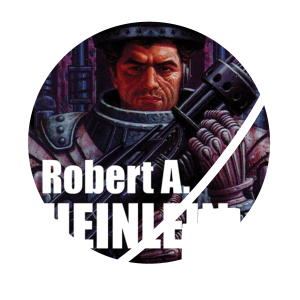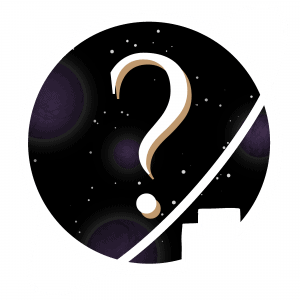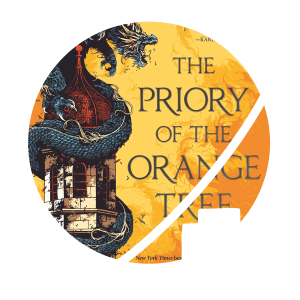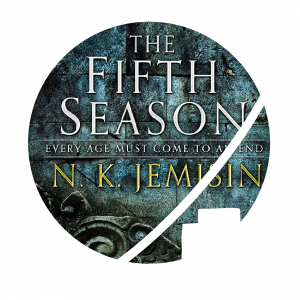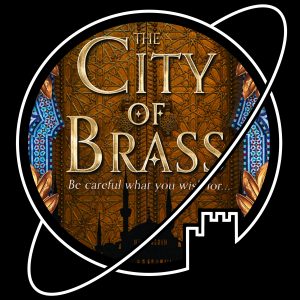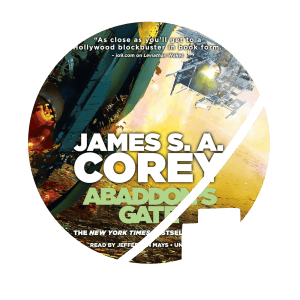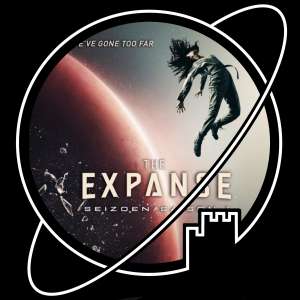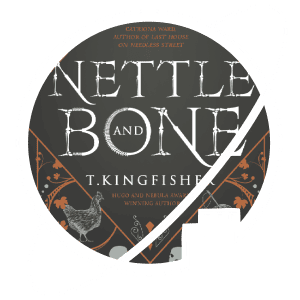Welcome to the Escape Velocity Collection!
We are an opinionated group of friends reviewing all sorts of fantasy and science fiction media. Don’t forget to get to know the curators and visit our curated Collection, where we discuss the stories that never cease to transport us to another world.
Will you escape with us?
LATEST POSTS:
- Novel written by Ursula Le Guin
- Published in 1972
- Part 3 of the Earthsea Cycle


Listened to the audiobook with Rob Inglis – as the previous audiobooks, well read.
When reviewing The Tombs of Atuan, I wrote that I liked how the novel was a complete curveball, changing both perspective and style away from A Wizard of Earthsea. The final instalment in the first trilogy of the Earthsea Cycle is much more akin to the first novel than it is to the second.
While the trilogy’s main character, Ged, is not the protagonist of this novel, he does show up on the first page. Still, viewed from the outside, this older version of a well-known character is now presented as a mysterious mentor, the overconfidence and daring of his earlier appearances now gone.
The voyage in The Farthest Shore has a clear destination but is meandering, leading to a more episodic structure that we might recognise from the first instalment in the trilogy. Of the trilogy, The Tombs of Atuan is the book that tells the most coherent, unified story. But even if the plot is more fragmented, the themes of The Farthest Shore tie the trilogy together very well.
The journey that Ged takes Arren, The Farthest Shore’s protagonist, on is akin to his own journey from A Wizard of Earthsea: the two characters sail from island to island, looking for the source of evil that is draining magic from the land, meanwhile learning both about themselves and the people around them. This allows Le Guin to showcase a wide variety of places and peoples around Earthsea. Especially the encounter with the Raft People shows Le Guin’s talent for world building: it felt like she built up an entire culture in the space of a few paragraphs.
The finale of The Farthest Shore is surprisingly satisfying. The antagonist is not one that has been built up over the three books of the trilogy, which a seasoned reader of fantasy literature might expect. Instead, the antagonist feels like an evil reflection of Ged, a version of him he might have become had he made all the wrong choices he narrowly avoided making in A Wizard of Earthsea. This theme strongly echoes A Wizard of Earthsea itself: after all, that book also deals with the idea of defeating an evil version of oneself.
I really like that unifying theme of the trilogy. While a fantasy tale like Earthsea might make the choice one of literal life versus undead, good versus evil, the lesson that we are made who we are by our choices – and that we can choose to change at any time – is one that we cannot hear to often.
Tagged:
See also:
- TV show developed by Jemaine Clement for FX
- Released in 2019
- Starring Kayvan Novak, Matt Berry, Natasia Demetriou, Harvey Guillén, Mark Proksch and Kristen Schaal
- 6 seasons of 10/11 episodes

Gosh, this one is quite hard to review.
Let me begin by saying this: the first two seasons are a solid 5 stars for me. I really loved them. Seasons 3 through 6 get 3 stars if they’re lucky. There’s the occasional funny moment but a lot of the magic is gone at this point. Overall, a “fair” rating for the show as a whole would be closer to 3.5 stars. However, the first two seasons are so incredibly worth watching that I bumped it up to 4.
I really loved Nadja in the first few seasons. She was easily my favourite character of the bunch. Out of the “regular” vampires, she’s the mature one, but she’s also really fun! Unfortunately, in the later seasons she becomes absolutely insufferable. I’m not expecting vampires who have lived for hundreds of years to “grow” per se, but I’d like them to at least be consistent.
The moment I realised the show had “changed” was when they started using CGI, specifically for the “original“ vampire. The CGI doesn’t look good, but it’s a nice little metaphor for the rest of the show. Being a mockumentary, What We Do In The Shadows feels quite “realistic” at first. The premise is “what would the lives of vampires be like if they lived in the present (and specifically on Staten Island)?”. The show explores situations like Laszlo being caught by animal control while in bat form, what vampire law and order might be like in modern America or even just “the vampires organise an orgy”. If I’m not mistaken, these first episodes of the show could easily be watched and enjoyed by someone who’s never before heard of the show. Everything starts and end with the framing device: the fact that these vampires are being followed around by a mockumentary crew.
Eventually, the writers seem to stop using this framing device as a starting point, but more of a feature that’s tacked onto the show. The show loses a lot of the “rawness” it used to have. You see it in the writing, but also the costumes and the overall production value. Everything looks much smoother and “nicer” near the end of the show, in a way that takes away from the mockumentary format. Something that really bothered me personally was Nadja’s hair. In the first two seasons it looked real, but in the last few seasons she wears some truly horrific wigs.
I finished seasons 4 through 6 mostly to write this review, but my heart really wasn’t in it. It’s such a shame, because What We Do In The Shadows started SO GOOD. Please watch the first two seasons, but once you notice the quality drop, don’t expect it to ever go back up.
Tagged:
See also:
- Novel written by Ursula Le Guin
- Published in 1971
- Part 2 of the Earthsea Cycle
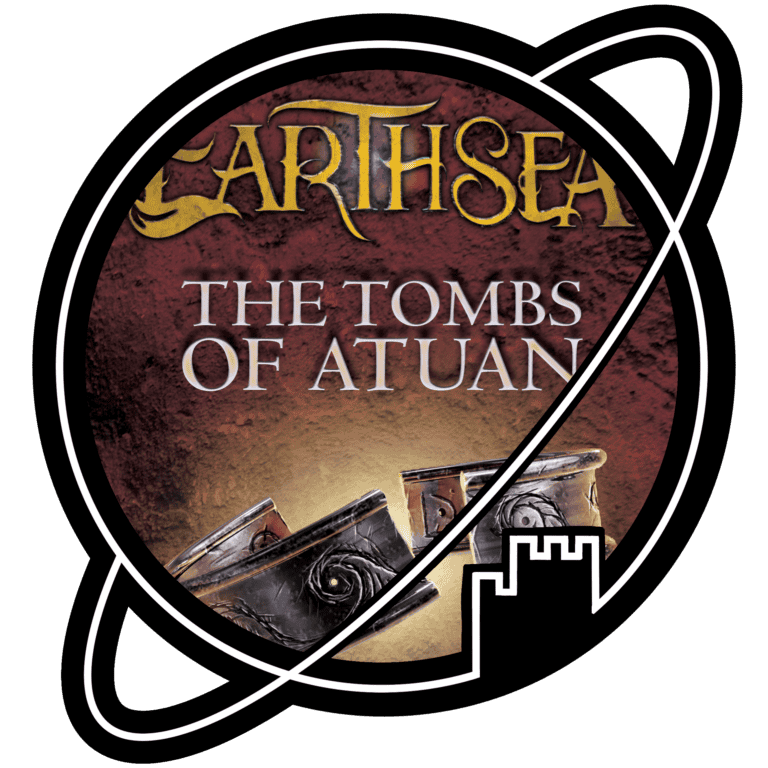

Listened to the audiobook with Rob Inglis – like A Wizard of Earthsea, well read.
As I wrote in my review, A Wizard of Earthsea is a rather traditional novel. So when I pressed ‘play’ on The Tombs of Atuan, I rather expected the same. Instead, my surprise kept rising as even several hours into the book, the main character from A Wizard of Earthsea had not appeared yet, nor did his arrival seem particularly imminent.
Of course, the connection to A Wizard of Earthsea does eventually come, but I love that Ursula Le Guin set out to write a novel that can essentially be read independently and that only slots into the wider story later in the novel.
The Tombs of Atuan has a completely different protagonist that allows us to see the events and characters of A Wizard of Earthsea through a completely different lens. As a result, the first trilogy of the Earthsea Cycle is unlike the ‘standard’ fare of fantasy trilogies in which we follow a protagonist in three stages of their life.
The Tombs of Atuan is moreover a very original novel which focuses on the indoctrination of a child priest and her isolation in a theoretically powerful but in practice highly constrained religious role. That is pretty heavy stuff for a fantasy novel for young readers, but I think Le Guin writes it in such a way as to make it relatable despite the bleakness of the subject.
Le Guin also uses this plot to essentially write a story from the perspective of what most people would instinctively describe as the antagonist, which makes the development of the main character all the more interesting.
Because The Tombs of Atuan is centred on a single location, there is unfortunately less worldbuilding. In a way, the reader feels as confined to the Place of the Tombs as the book’s main character. In the case of this novel, though, that is not necessarily a bad thing; it adds to the atmosphere and the wider world of Earthsea spends more than enough time in the spotlight in A Wizard of Earthsea and the third novel in the trilogy, The Farthest Shore.
Overall, The Tombs of Atuan is a short novel, but it is full of surprises. It is focused, original, darker, but still suitable for younger readers. I think it showcases a completely different side of Ursula Le Guin’s quality than the other novels in the Cycle, and I love it for that.
Tagged:
See also:
- Novel written by Ursula Le Guin
- Published in 1968
- Part 1 of the Earthsea Cycle


Listened to the audiobook with Rob Inglis – it’s an older production but very well read.
Finally, I finished a Le Guin novel!
Ursula Le Guin has been on my to read-list for a long while. Given the length of that list, even great names such as Le Guin need some patience. Some time ago I tried The Left Hand of Darkness , but the audiobook was so poor and mumbled that I had to quit.
But I finally gave the Earthsea Cycle a shot, and I am glad that I did.
A Wizard of Earthsea is a very traditional fantasy novel, but given that it was published in 1968 and feels intended as an early teenager’s first introduction to Fantasy, I am willing to forgive a lot of the tropes being played straight. One could even argue that some of the tropes – the ‘magic school’ one in particular – originate with A Wizard of Earthsea. Moreover, Le Guin takes more original paths for the next instalments in the Cycle – the first novel being exactly as you would expect is no strike against her.
Le Guin’s prose and style in Earthsea are a joy – she doesn’t generally dwell on any scene or storyline, but moves on quickly. A Wizard of Earthsea moves at the pace of an epic, leaving much to the readers’ imagination. While this means the book has a somewhat more episodic structure, it does mean the pace is very high and the plot progression never slows down.
It is interesting to compare Earthsea to many modern novels, which tend to take a lot more words, both to describe settings, scenes and persons, but especially to get the story going.
I think the comparison favours Earthsea. In Earthsea, Le Guin proves she has the skill to say a lot in few words. She does a remarkable job in the worldbuilding, evoking whole cultures in the space of a few lines.
In that sense, Earthsea is very different from a longer novel like The Left Hand of Darkness, which leaves a lot more room for detailed descriptions and really delving into the imagined societies. I think the difference between those two really showcases Le Guin’s range as an author.
Earthsea is a simple tale and many hardcore fantasy readers may find that it doesn’t quite scratch their itches. But just like one of my favourites, Brief voor de Koning, a novel like A Wizard of Earthsea that is intended for younger readers can be a great, light palate cleaners in between long and heavy stories, even for veteran fantasy fans.
Tagged:
See also:
- Novel written by Tahereh Mafi
- Published on August 30, 2016
- Part one of the Furthermore series


My sister gave me this book for Christmas. I’ve previously read the series “Shatter Me” by the same author, and don’t recall being a huge fan. This book is clearly intended for a different audience (Shatter Me was very YA), yet I enoyed it quite a bit more. I would say Furthermore is probably best for readers of ages 10-14? It’s a quirky fantasy story in the style of Alice in Wonderland. This is likely intentional, as the main character is also called Alice. Her journey takes her through a strange and unusual world, which was interesting enough to keep me, someone who is decidedly not part of the target demographic, engaged in the story.
One thing that stood out to me was Mafi’s use or language. She uses a lot of metaphors that are quite heavy handed, but work in the context of the story. Furthermore is really a fairy tale, and I think it would be a perfect choice to read aloud to a younger child.
Despite being a children’s book, I found the characters to have quite some depth. Alice isn’t necessarily a great person, but she is a very real 12 year old girl. I think she could be a very relatable character for some young readers.
Overall, I think this was a really enjoyable children’s book!
Tagged:
See also:
Time to get to know our Curators better! How? By asking them the questions that really matter! This time with another special New Year edition!
2025 is upon us, and we are once again trying to be better versions of ourselves! Let’s set goals and resolutions and reduce the piles of media that are still waiting to be consumed! That’s how it works, right?
In the spirit of the New Year, we asked ourselves:
What are your 2025 to read/watch/listen/play resolutions?
1. Start reading again
I read very little in the past year and I miss it quite a bit. I would love to get lost in books again. The number doesn’t even really matter to me.
2. Have fun with writing and worldbuilding
This resolution is mostly the same as my resolution from last year and quite similar to my first resolution for this year. My interaction with these hobbies has grown more…’market-oriented’? with the years. I would like to approach them more from a position of ‘childlike wonder’ again, if it makes sense. I have some plans on how to do this, and I hope to execute some of these plans in 2025.
3. Read ‘The Adventures of Amina al-Sirafi' by Shannon Chakraborty
Maybe this is a little bit of cheating, because it relates to the more broad resolution of ‘reading more’, but frankly I don’t actually know what else to put here? And I really like the Daevabad Trilogy, so I find it somewhat of a sin I haven’t made time for The Adventures of Amina al-Sirafi. So let’s just call this “setting myself up for succes”.
1. Indulge my cravings for dystopian fiction
For some reason I’m really in the mood for dystopian fiction, so I’ll be on the lookout for books and movies in that genre that are either new or have not appeared on my radar before. On the list so far I have the book Private Rites, and the movie Flow. If you have any other suggestions, do let me know! But please nothing too gorey or thrillery, that’s not really my kind of thing.
2. Continue to make time for drawing
I am glad to have gotten back into it over the past year, and I am hoping to keep it up. I am finding it hard these days to find the concentration to sit down with a physical book. But drawing while listening to audiobooks has been a great combination.
3. Read The Priory of the Orange Tree
The Priory of the Orange Tree has been recommended to me by several people, but for some reason I have not picked it up yet. It’s been quite some time since I lost myself completely in a fantasy world, so I am really hoping this book can do that for me.
Both this book and it’s sequel are incredibly long, so if I do enjoy them, I’ll be set for some time!
1. Read a little outside of the speculative genre
So over the past year, I think I’ve read close to 50 books and novellas, nearly all of them fantasy or sci-fi. I think the genre is amazingly broad and varied, and I loved getting around to reading some really early works by Clarke and Heinlein as well as stuff that was released over the past year. I like having a depth of experience in a genre, because I feel it gives me a better appreciation of authors’ influences and the development of literature and themes over the decades.
But I also sometimes feel like I’m missing out because I am focusing on speculative stuff this much!
So I am going to try and allow myself to miss a week of uploading sometimes to read some other books, like some non-fiction and more literary works that I’ve missed over the past years. Hopefully that’ll help me appreciate the speculative genre all the more!
2. Decorate my home
I’ve been living in my current place for a couple of years. It has a really long boring hallway that when I moved in, I resolved to fill up with art and drawings to make it interesting.
I have yet to hang a single picture there (no, wait, that’s not actually true – I do have a picture of a dragon Lotte drew!).
What is worse, I’m hoping to move in the foreseeable future.
I’m not sure why, but over the past years, I have just never felt the creative energy to actually decorate. But this is me resolving to fix that and put up some speculative themed art, whether it be at my current place or the next one.
3. Read the Broken Earth-series
Broken Earth is one of the recent (if you can call ten years ago recent) hits that for no reason I can think of I have never picked up yet. It might just be that they have not appeared on my audiobook app yet…
From what I’ve heard and read, the books seem ambitious, layered, grim, and original. They should be right up my alley, and I have no excuse for missing out so far. And three consecutive Hugos is an incredible achievement!
Honestly, now that I am writing about these books, I am really itching to dig into them. Robin, gimme your login!
1.Play Baldur's Gate 3
I’ve actually already started this game and I LOVE it, but I know it’s gonna take me a very long time to finish. Ideally I’d like to do two playthroughs, but if I can finish my first one before the end of the year I’ll be very happy!
2. Get back to doing art, specifically fantasy-themed
That’s right, if in 2024 you don’t succeed, just put the resolution back on your list! I genuinely do want to draw more and I feel like this is the year! Am I deluding myself? Maybe!!
3. Play more video games
In order to play Dragon Age: The Veilguard, I purchased a Playstation 5. I’ve never had such a powerful console before (my gaming PC was pretty good ten years ago, but I only really used it for… Dragon Age: inquisition) so I really want to take this chance to play some games I wasn’t able to play before. Of course, I’m also planning to play Baldur’s Gate 3, so I’m not sure I’ll manage to play much more than that in a year. But if I find the time, I want to game a bit more!
Happy New Year, folks!
Check out the reviews of related media here:

Review: The Farthest Shore – Ursula Le Guin
A young prince is sent to the island of Roke to warn the masters of the School of Wizardry of the disappearance of magic from the shores of Earthsea. Alongside the boy, the Archmage Ged sets sail to find the source of the mysterious illness that is draining magic from the land.

Review: What We Do In The Shadows – FX
What We Do In The Shadows is a mockumentary style series, following three vampires and one energy vampire who are roommates living on Staten Island, New York. As the show progresses, we are given a glimpse into what it’s like to be an ancient vampire living in a modern world. Meanwhile, vampire familiar Guillermo tries to help the vampires survive while hoping that one day, he will be turned into a vampire himself.

Review: The Tombs of Atuan – Ursula Le Guin
A small girl is taken to the temple complex of the Tombs of Atuan to be inducted as the high priestess of the Nameless Ones. Said to be the reincarnation of the previous high priestess, the young girl must take on the arduous and sometimes gruesome tasks of her office alone. The child’s loneliness and isolation only grow when she finds an intruder has penetrated into the great labyrinths underneath the Tombs.

Review: A Wizard of Earthsea – Ursula Le Guin
After a magic talent helps a young boy protect his village from a savage attack by sea-born raiders, the boy is sent of to learn magic from an ancient mage living on a nearby island. It is the start of a series of adventures across the many islands of Earthsea, in which the boy does not just learn about magic, but also about the dark side of himself and the emotions that will show him that side.
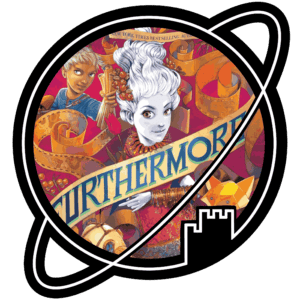
Review: Furthermore – Tahereh Mafi
Furthermore tells the story of Alice, who is a colourless girl in a magical, colourful world. She sets out to find her missing father and prove that she is just as magical as the colourful people who have made her feel like an outcast all her life.

Curator Question: 2025 Resolutions
Our Curators discuss their 2024 New Year’s Resolutions – what is on their to be read/watch/listen/play list for the coming year?









